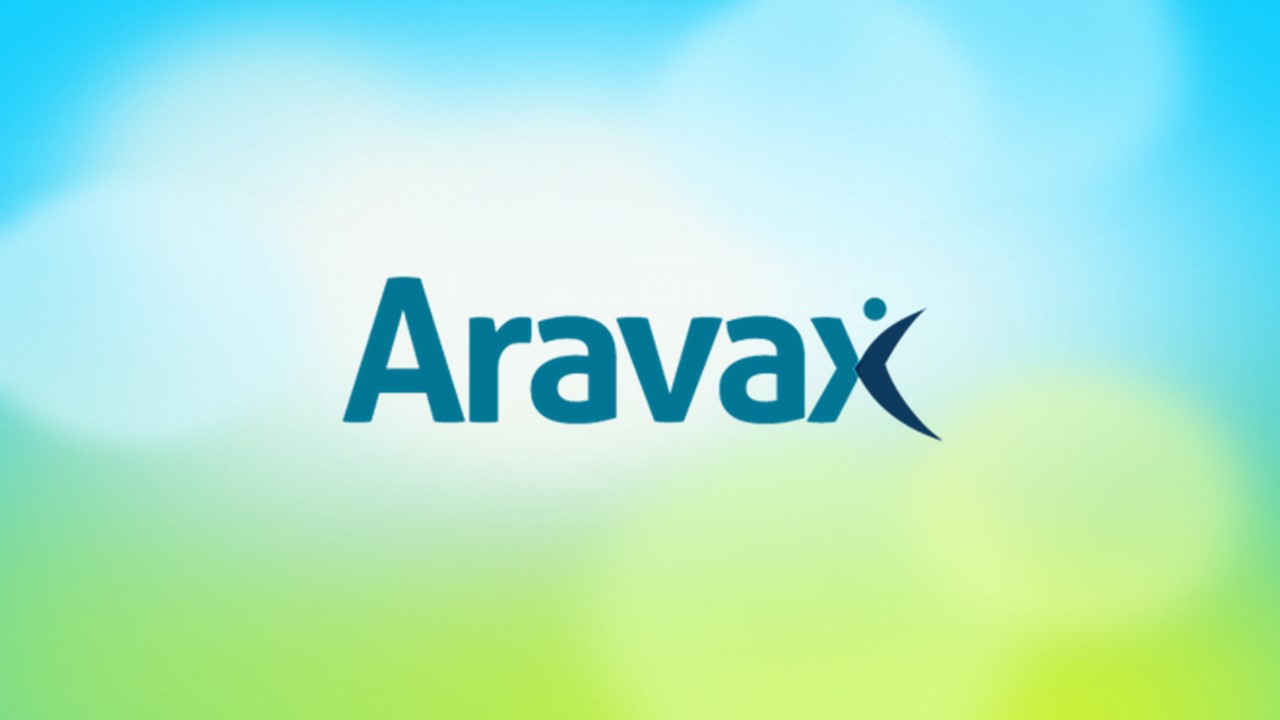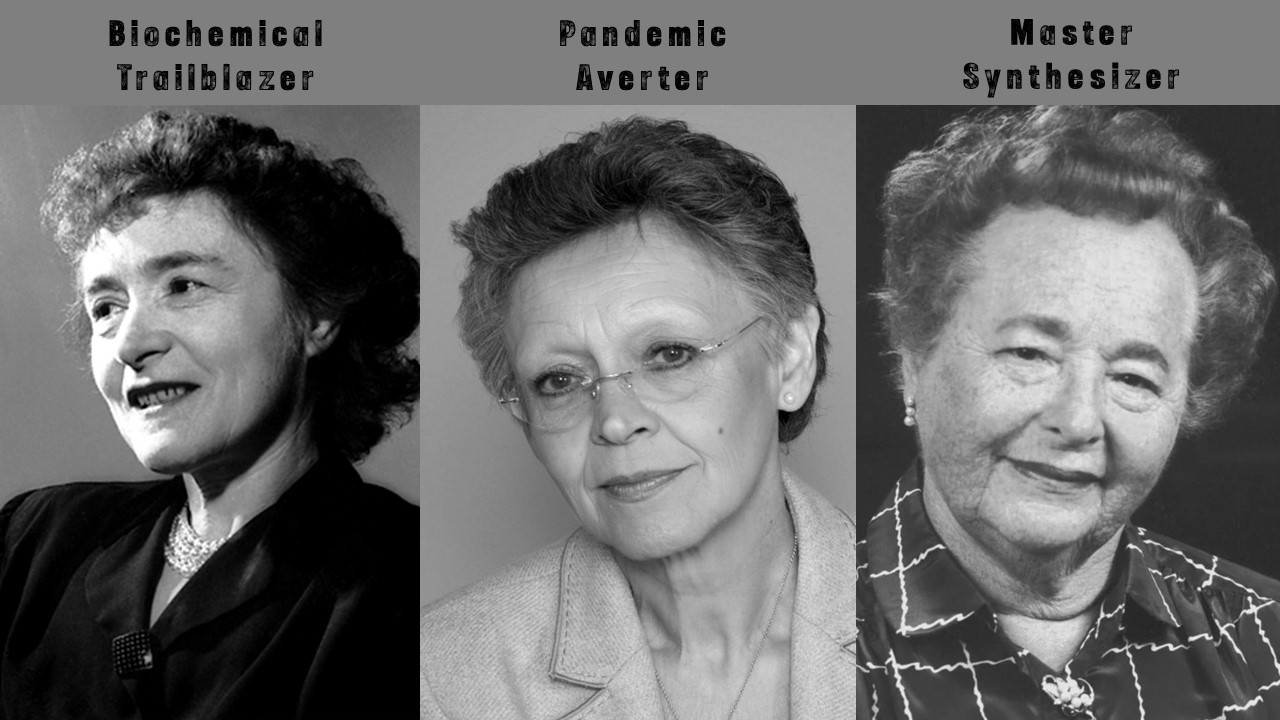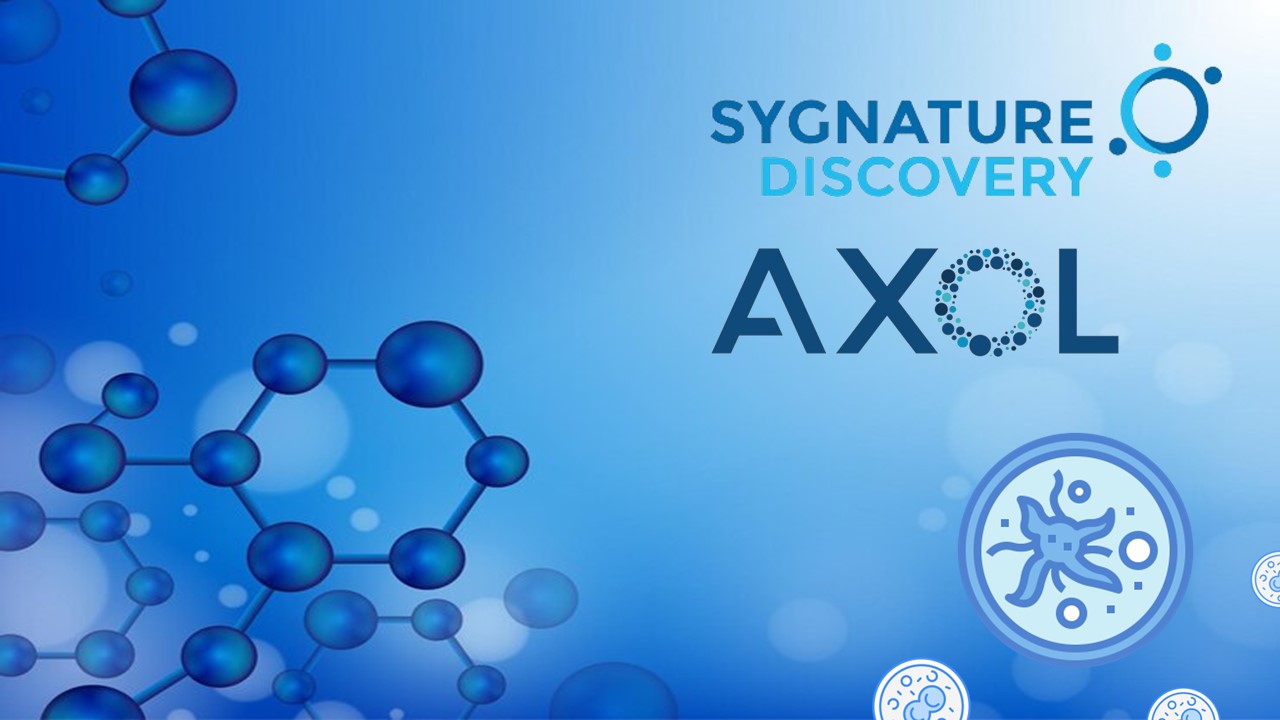Adagene signs up to antibody partnership with Sanofi
02-Mar-2022
Chinese firm Adagene has announced plans for a new collaboration with Sanofi, aiming to advance their own antibody-based therapies. The partnership will see Adagene discover and carry out the early development for masked monoclonal and bispecific antibodies, which will be commercialized and see their development finalized by Sanofi. Sanofi hopes to exploit Adagene’s proprietary SAFEbody technology, which shields the binding domain of the antibodies unless they are activated by the conditions in the tumor microenvironment. It is hoped that this technology will improve the localization and tolerability of the treatment.The move comes with an upfront payment of $17.5m to Adagene, in exchange for two antibody candidates – and the option to license a further two. Concomitantly, Adagene will remain eligible for up to $2.5b in milestone and royalty payments. Adagene also noted the importance of their AI antibody discovery platform for the partnership:
“We are at the forefront of pushing the boundaries of antibody discovery and engineering by leveraging our AI-powered technology platform. This enables dynamic and precise target engagement by our antibody-based therapeutics, which are tailor made to overcome the fundamental challenges in oncology drug development today.”
Eli Lilly embarks on new partnership with Quanterix
01-Mar-2022
In a move to advance the adoption of blood-based biomarkers for Alzheimer’s disease, Quanterix has made public its plans to collaborate with Eli Lilly. Quanterix specializes in the digitization of biomarker analysis – which Lilly hopes to use to progress its own efforts to diagnose, monitor and treat Alzheimer’s. In exchange, Quanterix will receive $11m, in addition to other undisclosed financial agreements, as well as a non-exclusive, global and research-only license to Lilly’s P-tau217 antibody platform. P-tau217 has shown promise as a blood biomarker for the early detection of Alzheimer’s. The move will also see Quanterix’ Simoa immunoassays used, in a hope to expand efforts to broader plasma-based diagnostics. This will improve outcomes, as current methods for diagnostics involve invasive techniques such as lumbar punctures and PET imaging, which can fail to detect the disease early.
AbbVie moves to acquire Syndesi
01-Mar-2022
In a bid to strengthen their neuroscience portfolio, AbbVie have announced their acquisition of Syndesi Therapeutics. The transaction will see the latter’s lead products specializing in the modulation of the synaptic vesicle protein 2A (SV2A), such as SDI-118, come under the control of AbbVie. Syndesis’ investigations in modulating SV2A are currently examining the impact of their products on both Alzheimer’s and Major Depressive Disorder by improving synaptic efficiency. Synaptic dysfunction is implicated in multiple neurological disorders, and the technology shows promise for future treatments. As part of the move, Syndesi will receive an upfront payment of $130m, with the potential to earn an additional $870m as part of milestone payments. Syndesi CEO, Jonathan Savidge, highlighted the significance of the merger for the late-stage clinical development of their pipeline:
“I am delighted with the closing of this deal. It has been a pleasure to partner with our investors to investigate the potential of SDI-118 in early clinical studies. Now, as part of AbbVie, the program is well positioned to move into later stages of clinical development.”
Sanofi to work with DarioHealth for digital health
01-Mar-2022
In a move to expand both parties’ digital health offerings, DarioHealth has announced a collaboration with pharma giant Sanofi. The two parties will work together to promote DarioHealth’s multi-condition digital health platform, as well as develop new solutions to expand the platform. Dario’s solutions already offer a single platform for the management of diabetes, hypertension, weight, muscoskeletal as well as mental health and is expected to be easily scalable. The agreement is expected to significantly increase Dario’s market penetration, and is valued at $30m. Sanofi Head of U.S. General Medicines, Gustavo Pesquin, highlighted the growing importance of digital health in a forward-looking statement:
“Our collaboration with Dario is another step towards accelerating Sanofi’s mission of reversing the course of chronic diseases through the integration of healthcare and technology in a way that gives people the tools to improve their health.”
Neurimmune and AstraZeneca’s close deal for rare disease collaboration
01-Mar-2022
Neurimmune has announced an agreement with Alexion, AstraZeneca’s Rare Disease Group, for the development of NI006, a monoclonal antibody targeting transthyretin. The product aims to ameliorate the effects of transthyretin amyloid cardiomyopathy, which results in amyloid fibril deposits in heart tissue. NI006 is already in Phase Ib trials, with the agreement seeing responsibility for any later development and commercialization taken up by AstraZeneca. As part of the collaboration, Neurimmune will receive an upfront payment of $30m, in addition to possible milestone payments of up to $730m, plus royalties.
BioCon snaps up Viatris Biosimilars Portfolio
28-Feb-2022
BioCon Biologics has made public its plans to acquire the entirety of Viatris’ biosimilars rights and portfolio, in a bid to establish itself as a vertically integrated leader in the global biosimilars industry. The move will see Viatris receive ~$3.335b, with $2.335b of it in cash. The transaction positions BioCon’s portfolios in oncology, insulin and immunology biosimilars in a leading position, in addition to other products currently under development as well as its vaccines portfolio. The biosimilars market is expected to grow, despite setbacks over the last decade – particularly as regulators recognize the areas in which they need to improve to accommodate a growth in the market. Managing Director of BioCon Biologics, Dr Arun Chandavarkar, highlighted the significance of the move for BioCon in a forward looking statement:
“This acquisition is transformational and will create a unique fully integrated, world leading biosimilars enterprise. Our long-standing global partnership with Viatris has enabled us to achieve many firsts, setting new benchmarks for the global biosimilars industry. This strategic combination brings together the complementary capabilities and strengths of both partners and prepares us for the next decade of value creation for all our stakeholders.”
Legend and J&J see approval for new therapy
28-Feb-2022
Legend Biotech announced the FDA approval of ciltacabtagene autoleucel, marketed as CARVYKTI, earlier this week. CARVYKTI is a CAR-T therapy which aims to treat relapsed or refractory multiple myeloma in patients who have gone through at least four different lines of treatment. The product was developed as part of a worldwide partnership with Janssen Biotech – showing the growing importance of immunotherapies to the wider pharma industry. CARVYKTI comes with a host of possible adverse effects and boxed warnings, yet it still shows potential to provide long treatment-free intervals for patients who have failed other options. Principal study investigator from Mount Sinai, Dr. Sundar Jagannath, highlighted the significance of the treatment’s approval:
“The treatment journey for the majority of patients living with multiple myeloma is a relentless cycle of remission and relapse with fewer patients achieving a deep response as they progress through later lines of therapy. This is why I have been really excited about the results from the CARTITUDE-1 study, which has demonstrated that cilta-cel can provide deep and durable responses and long-term treatment-free intervals, even in this heavily pretreated multiple myeloma patient population. Today’s approval of CARVYKTI helps address a great unmet need for these patients.”
Virios Therapeutics works with Bateman Horne Center for Long COVID treatment
28-Feb-202
Virios Therapeutics has released its plans to work with the Bateman Horne Center in Utah to develop new treatments for long COVID, which remains one of the largest unmet needs in healthcare. With over 30% of COVID-19 survivors experiencing long term symptoms subsequent to infection, the need to address the condition is only expected to grow. Virios will provide the Center an unrestricted grant for an investigator-sponsored study exploring a combination therapy with Virios candidate product, IMC-2 – which combines the antivirals valacyclovir and celecoxib. While the mechanisms that cause long COVID are not yet fully understood, further insights are expected as the study progresses. Virios has prior experience in developing products to address herpes infections, and the depression of the immune system caused by COVID-19 infection may also allow for the reactivation of chronic latent infections which may be part of what causes symptoms.
Nick Zoukas, Former Editor, PharmaFEATURES
Subscribe
to get our
LATEST NEWS
Related Posts

Leadership, Trends & Investments
Aravax Continues International Expansion with Appointment of Aled Williams as Chief Business Officer
Aravax announces the appointment of Alex Williams as Chief Business Officer.

Leadership, Trends & Investments
The Immigrant, The Career-Undecided, and The Supermarket Supervisor-turned-Scientist
Learn more about the 1947, 1988, and 2008 Physiology or Medicine Female Nobel Laureates.
Read More Articles
Myosin’s Molecular Toggle: How Dimerization of the Globular Tail Domain Controls the Motor Function of Myo5a
Myo5a exists in either an inhibited, triangulated rest or an extended, motile activation, each conformation dictated by the interplay between the GTD and its surroundings.













